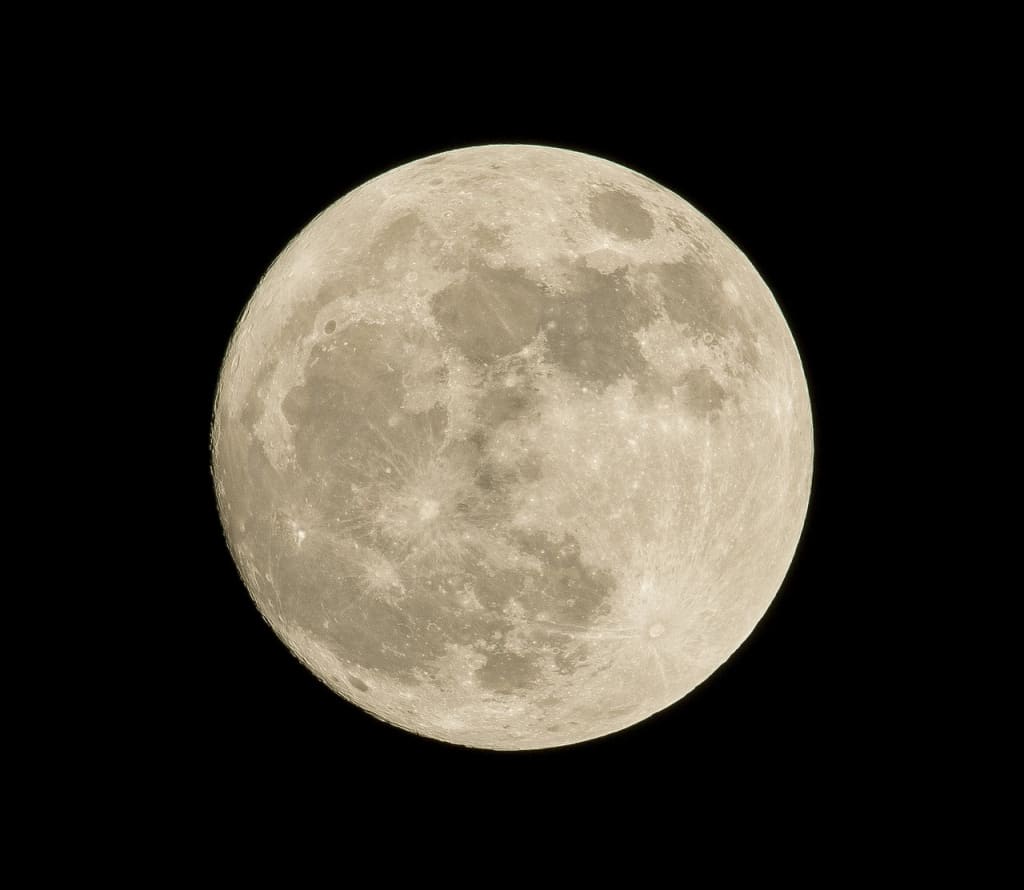
Introduction:
The belief in the moon's ability to affect human behavior has spanned centuries in all cultures and geographical regions, influencing cultures and even language. This article explores the historical roots of this belief, its prevalence in modern times, and the scientific investigations conducted to ascertain its validity.
The enduring belief that the moon holds the power to induce madness in humans has persisted for centuries. The term "lunatic" itself originates from the Latin word "lunaticus," which translates to "moonstruck" or "of the moon." This idea found support in ancient Greek philosophy, with figures like Aristotle suggesting a connection between the moon's gravitational pull and the human brain's susceptibility, akin to the tides of open waters.
During the Middle Ages, myths surrounding the moon's influence gained popularity. In that era, there was a widespread belief in transforming some individuals into werewolves during a full moon. This belief persists today, with many attributing strange occurrences and behaviors, such as accidents, flights, homicides, and animal attacks, to the presence or absence of the moon in the night sky.
In 2007, some police forces in the United Kingdom took the supposed mystical powers of the moon seriously, assigning more officers to patrol the streets at night during full moons. Despite such cultural beliefs, scientific investigations have failed to provide conclusive evidence supporting the idea that the full moon affects human behavior. While there are occasional studies suggesting a connection, the majority of experts dismiss the notion.
Modern experts propose that the full moon may affect the human body due to its influence on water, given that the human body is predominantly water. However, astronomers and physicists argue that the moon's gravitational pull has an insignificant impact on brain function. In 1985, a meta-analysis of over 30 studies by psychologists James Rotton and Ivan Kelly concluded that the full moon had no bearing on strange or violent events.
A study in 2013 explored the impact of the full moon on sleep quality, finding a 15% lower sleep quality among subjects sleeping in a laboratory during a full moon. However, researchers did not attribute these findings to the moon's gravitational effect, emphasizing the need for cautious interpretation.
Psychologists Loren and Gene Caplan proposed the concept of an "illusory correlation," suggesting that people tend to perceive a connection between the full moon and unusual events due to pre-existing beliefs. This illusory correlation leads individuals to selectively remember bizarre events during a full moon, reinforcing the belief in its influence.
The notion that the full moon once had a valid impact on human behavior, especially mental disorders, is suggested by psychiatrist Dr. Arielle R. Baskin-Sommers. Before the advent of outdoor lighting, people heavily relied on the moon's light, and sleep deprivation during full moons might have exacerbated mental conditions, contributing to aggressive tendencies.
In the modern era of science and logic, the belief in the moon's influence on human behavior persists, fueled by media depictions of supernatural occurrences tied to a full moon. The continuous stream of Hollywood horror movies perpetuates the fascination with lunar superstitions. Despite scientific evidence to the contrary, the cultural myth endures, passed down through generations, reminding us of the intricate relationship between folklore, human beliefs, and the natural world.
Conclusion:
The enduring belief in the moon's influence on human behavior persists as a cultural fossil passed down through generations. In a world driven by science and logic, the article questions the reasons behind the widespread acceptance of this myth. Whether imagined or rooted in historical contexts, the allure of the moon's mysterious powers remains a fascinating aspect of human belief systems.
About the Creator
Peter Kiruu
I Am very passionate about telling great stories, a Fine Artist, Poet and an Author.






Comments (1)
Great work! Very well written!